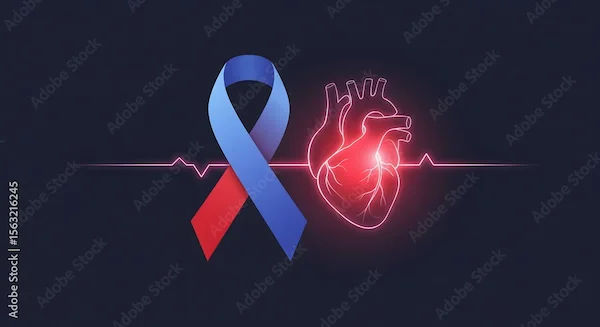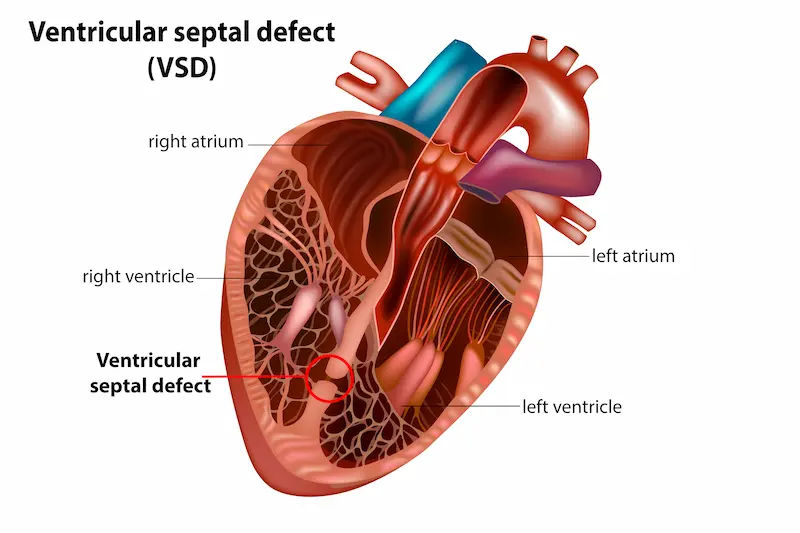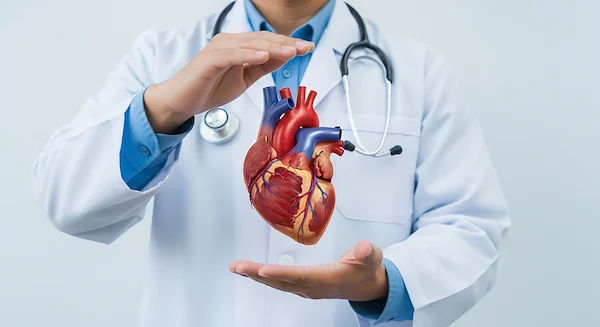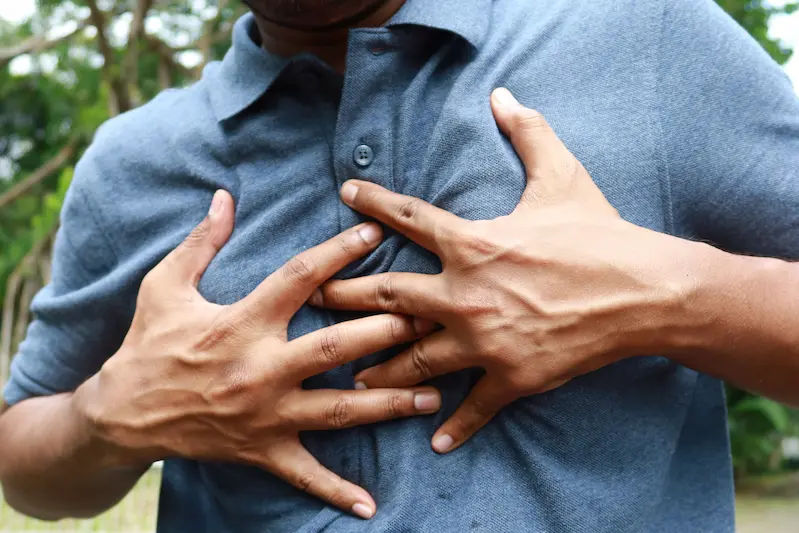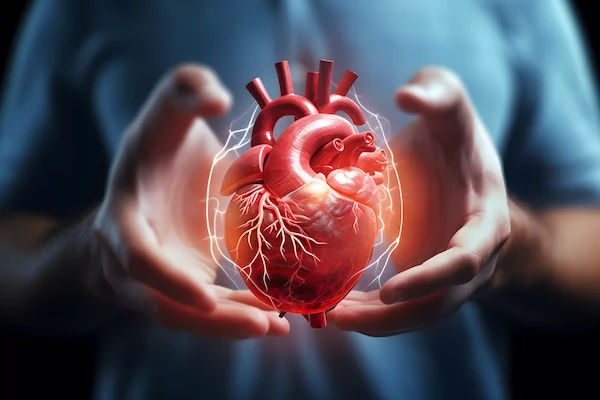- male
- 40 Years
- 22/01/2025
Hey, I went to the hospital today because I've been having really bad chest pain from my GERD. They gave me a Pan injection, but the pain hasnt gone away. The doctor said I should get an ECG done and talk to a cardiologist. But I couldnt see one because of some financial issues, so I had to go home instead. Can someone please look at my ECG report and let me know if everything seems alright or if there's something wrong?
Answered by 1 Apollo Doctors
If you are experiencing severe chest pain due to GERD, you can try taking Omeprazole (20mg) once a day before breakfast for relief. Additionally, you can take Antacid syrup like Gelusil after meals for immediate relief from acidity. Make sure to follow up with a cardiologist as advised by your doctor for further evaluation of your chest pain.
Dr. Ibrahim Suggests...
Consult a Cardiologist
Answered 04/07/2025
0
0


Ask Apollo
AI powered Health Chatbot
-
Understanding Pan Injection
A Pan injection is typically used to manage symptoms of GERD, such as severe chest pain, by reducing stomach acid production. -
What is an ECG?
An Electrocardiogram (ECG) records the heart's electrical activity to assess heart function, crucial when experiencing chest pain. -
Consulting the Right Doctor for GERD and Chest Pain
For GERD, consult a gastroenterologist. For chest pain, especially if heart-related, see a cardiologist. -
Next Steps and Support
Follow up with a cardiologist despite financial concerns. Explore community health clinics or financial aid programs for affordable care. -
Regarding Your ECG Report
Only a qualified healthcare professional can accurately interpret an ECG. Share your report with a cardiologist for proper evaluation.
Recommended next steps
Consult a Gastroenterology/gi Medicine Specialist or Consult a Cardiologist
Answered 20/08/2025
0
0
More Cardiology Health Queries
View allI'm really concerned about my dad. He's been having some chest pain, and his test showed a strongly positive TMT at 7 METS, along with inducive ischemia at a moderate workload. I'm worried and trying to understand what this means. Can you help explain it to me?
Your father requires an aecho taest for further evaluation his morbid condition, a cardiac opinion is needed
Answered by 1 Apollo Doctors
My dad's pulse oximeter reading is 97 and his pulse rate is at 110. Is the pulse rate considered normal? I'm a bit concerned and would appreciate some advice.
a pulse rate of 110 beats per minute is slightly elevated but can still be considered normal, especially if your father is not experiencing any other symptoms. However, it would be best to monitor his pulse rate regularly and consult with a healthcare professional if you have any concerns. As for the pulse oximeter reading of 97%, this indicates that his blood oxygen saturation level is within the normal range. There is generally no need to worry about this reading. If your father continues to have a pulse rate of 110 or if you notice any other concerning symptoms, please consult with a healthcare provider for further evaluation.
Answered by 1 Apollo Doctors
I'm really concerned about this left chest pain I've been experiencing for the past 10 days. It's mostly just a feeling of heaviness in my chest, and I'm finding it really difficult to breathe properly. What could be causing this, and should I be worried?
Hi. It sounds like you may be experiencing symptoms of a heart-related issue. It is important to seek medical attention immediately. In the meantime, you can take Aspirin 325mg to help with any potential heart-related pain. Please take one tablet with a glass of water.
Answered by 1 Apollo Doctors
Disclaimer: Answers on Apollo 247 are not intended to replace your doctor advice. Always seek help of a professional doctor in case of an medical emergency or ailment.
